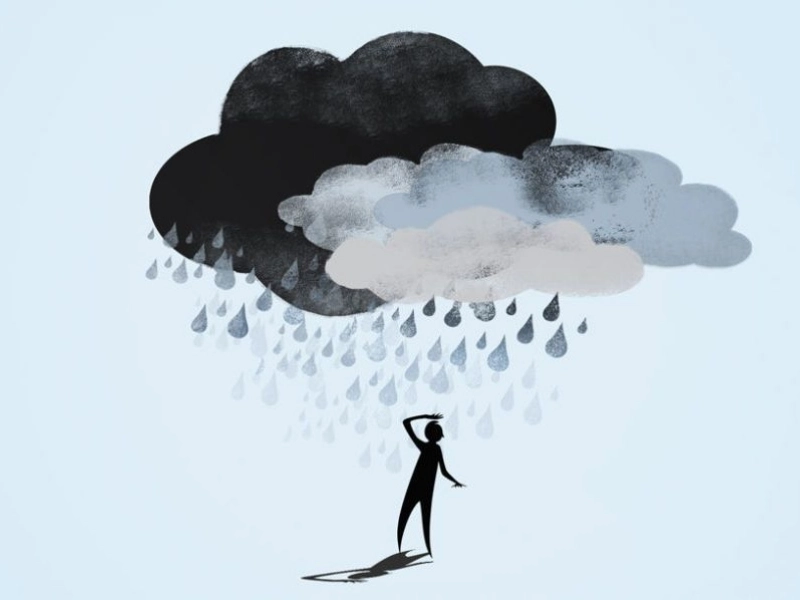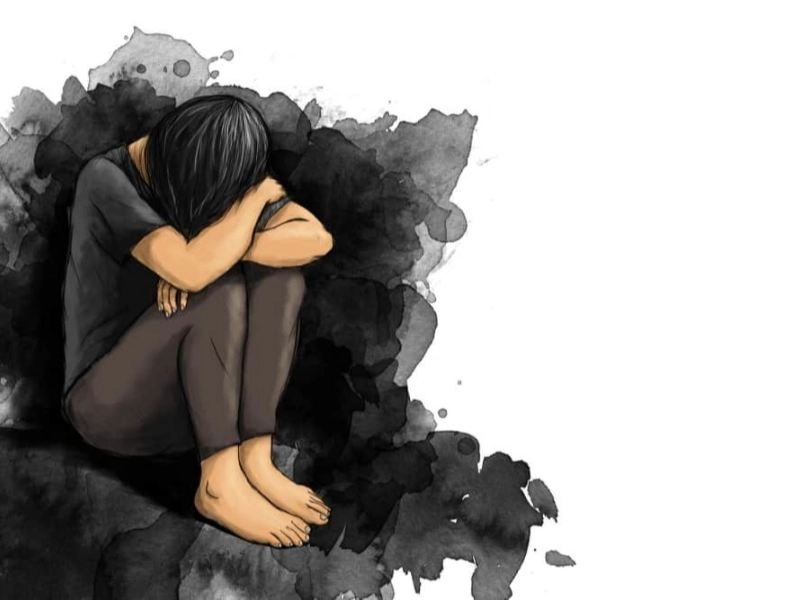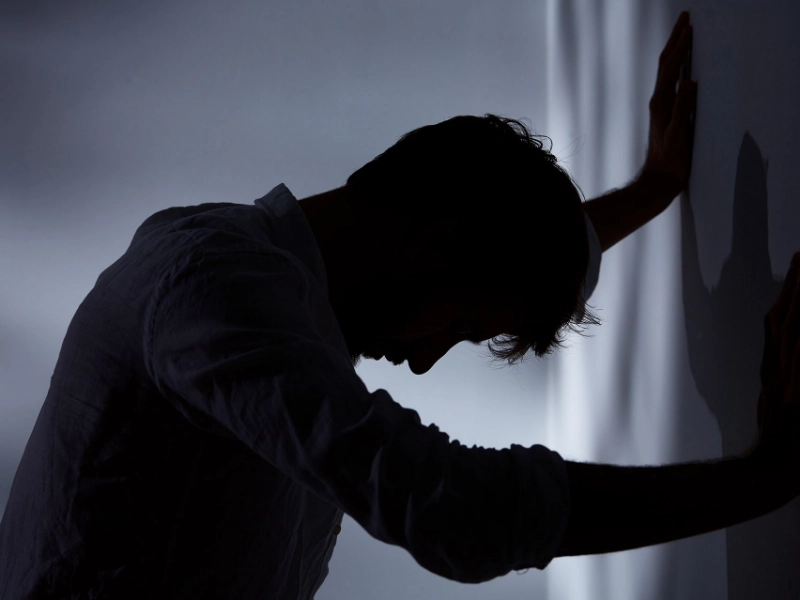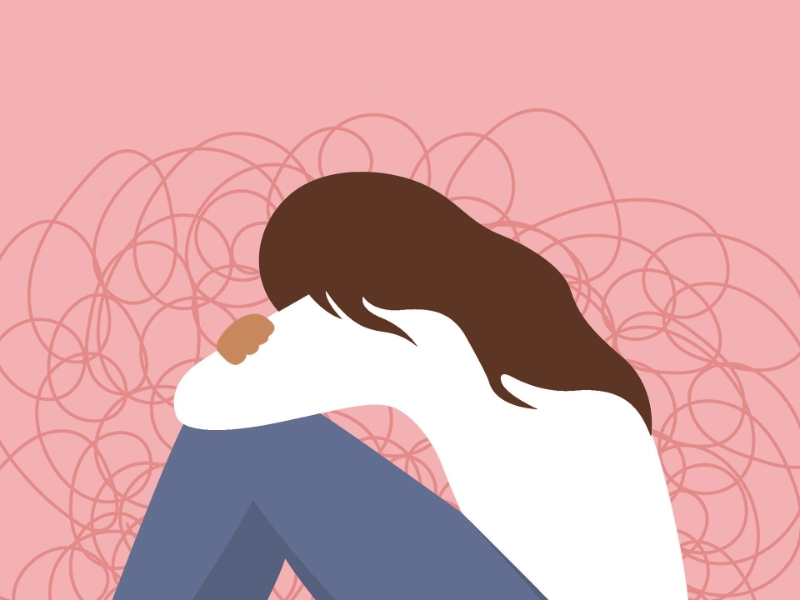Advertisement
Symptoms

Advertisement
Depression is a mental illness that causes feelings of sadness, hopelessness, and loss of interest in things you once enjoyed. It also negatively affects your mood, sleep patterns, and cognitive abilities.
Treatment

Depression can be treated with antidepressants, psychotherapy (talk therapy), and self-care measures. Many people find success with treatment and feel better within a few weeks of starting therapy.The goal of treatment is to help you feel better and return to a normal life. This may include talk therapy, medication, and self-care measures such as abstaining from alcohol/drugs, exercising regularly, getting enough sleep, and eating healthy. Finding the perfect combination may take some trial and error; experiment until you find what works for you. During therapy sessions, work with your therapist to change negative emotions, thoughts, and behaviors that contribute to a depressive episode.
Prevention

Taking care of your medications, keeping regular appointments with a therapist, and using the coping skills taught in therapy are all effective prevention strategies for depression. It's important to stick to your treatment plan, even if you experience a relapse.
Reclaim

Most people need weeks or months to recover from a depressive episode. During this time, patients may feel anxious, helpless, and isolated. If you or a loved one is struggling with symptoms of depression, it's important to encourage them to get help as soon as possible. Early treatment can have the most positive impact on their long-term well-being and reduce the likelihood of further episodes. In addition to support from friends and family, those suffering from depression should also talk to a doctor about their feelings. Therapy is especially beneficial because it teaches coping skills for dealing with future bouts of depression.



